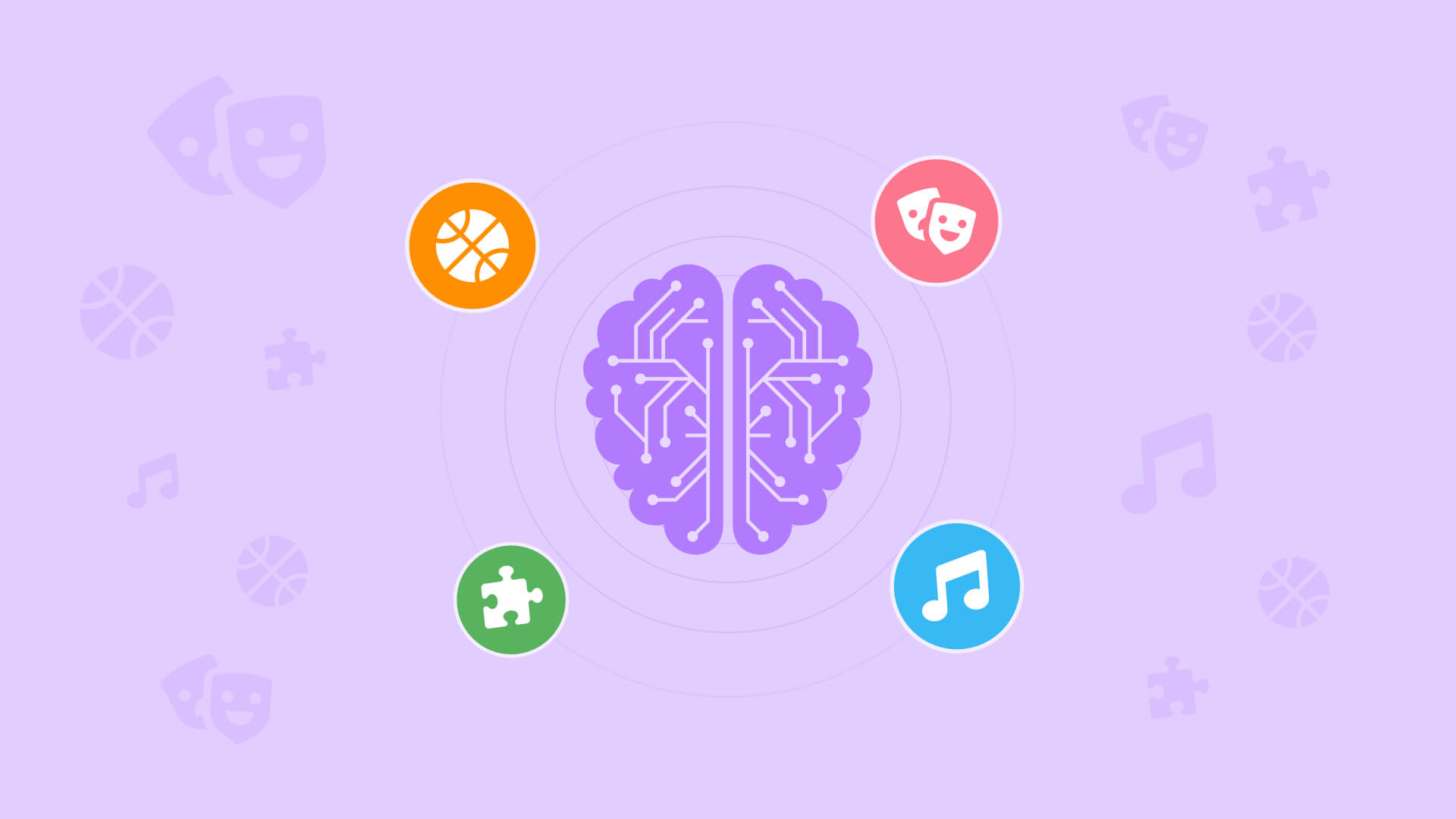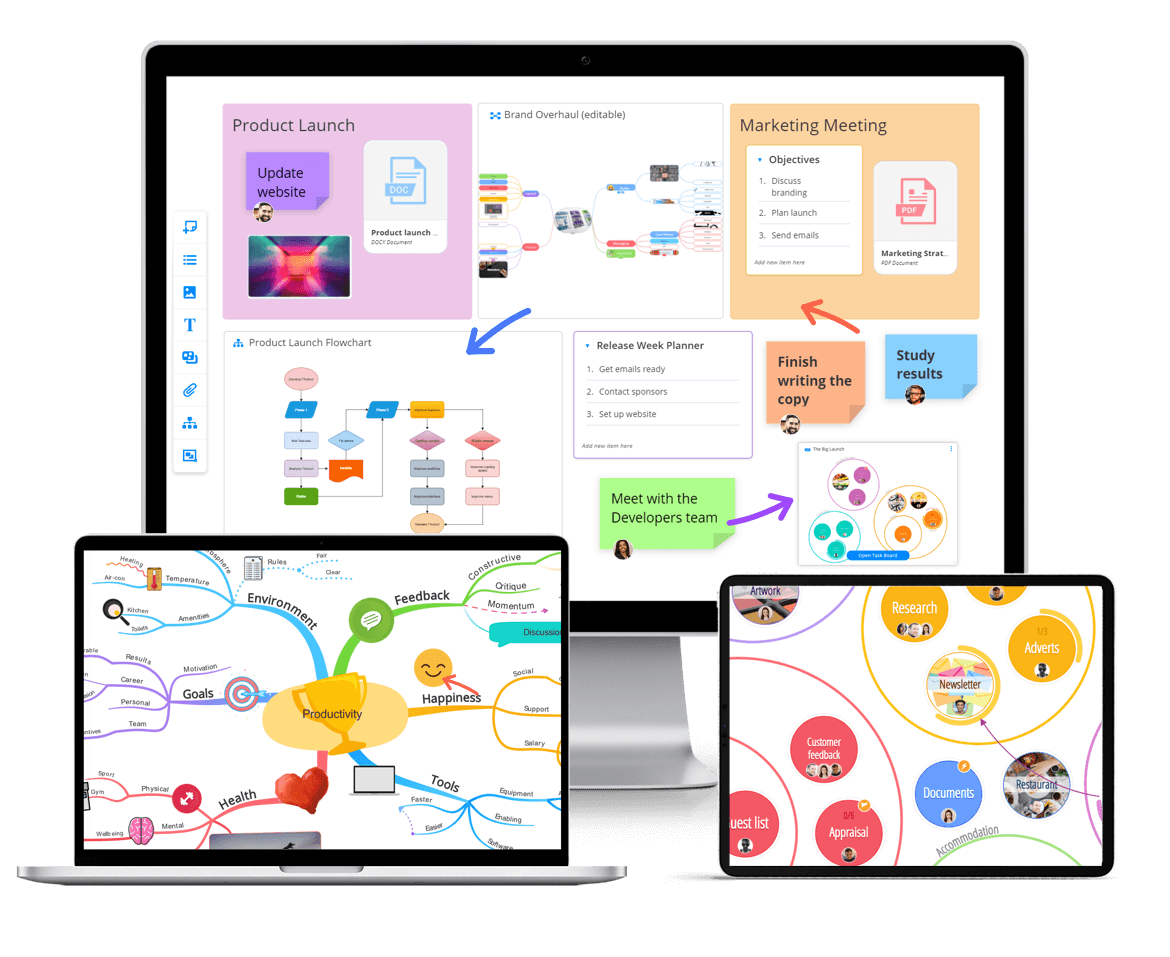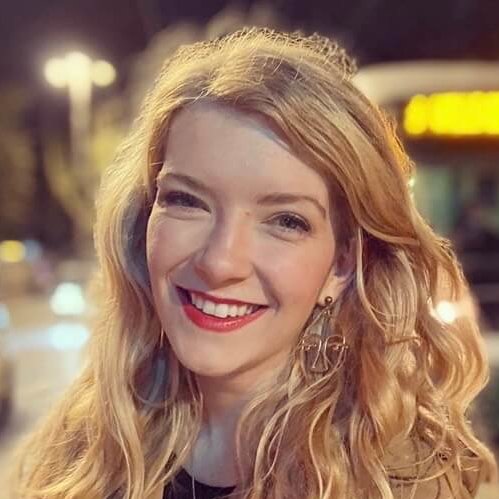October 25, 2022 (Updated March 1st, 2024)
Top societies for neurodivergent students

Autumn is well underway, and we’re officially back into the thick of the academic season. With the chaos of freshers week done and dusted, now is the perfect time for neurodivergent students to start thinking about how they can make the most of their first semester. Societies are a great way for students to connect, make friends and participate in new activities – and yet, with so many to choose from, picking the right one can sometimes feel overwhelming.
This can be especially true for neurodivergent students who will want to identify the best spaces for them to flourish and be their true selves. That’s why we’ve compiled a list of some of the best societies for neurodivergent students to join (with reasons why) – keep reading to see the full list below!
Get moving
We all know that exercise is good for us, but for those with ADHD it can be especially helpful for managing symptoms. It can also be an outlet for neurodivergent students with a particular aptitude for problem-solving. The key in both instances is to know what exercise type is best for you when looking for a society to join.
In the case of ADHD students, high intensity workouts can utilise bursts of energy to better regulate mood and concentration by engaging the brain while expanding energy at the same time. For that reason, athletic societies will be a great fit for ADHD students, as will any boxing-related societies. Equally, some universities run societies dedicated to HIIT (high intensity interval training) without specifying a particular sport or activity which can make them a great way to experience a little bit of everything.
For neurodivergent students looking to bring their creativity and problem solving flair into the world of sports, an activity like rock climbing and martial arts can be a great fit, requiring participants to calculate their next moves far in advance. The perfect way to combine lateral thinking with some feel-good, endorphin-promoting activity!
Get creative
It’s no secret that many neurodivergent individuals have a natural aptitude for creativity. We’ve all heard that “thinking outside the box” is key to being creative, well, when you understand that the box is made up of our existing assumptions and systems, you can see how neurodivergent students – who have always had to workaround rigid, linear systems – are especially good at this.
That’s why being able to express and nurture that creativity is so important for neurodivergent students (especially those whose general degrees don’t allow for this kind of exploration). So, if you’re a neurodivergent student looking for ways to get creative, why not look at societies such as the creative writing society, poetry society, music society or even the drama society. Remember, it does not matter if you don’t have experience in these areas as everyone has to start somewhere!
There are a whole host of famous creatives who also happen to be neurodivergent – in fact, some may say being neurodivergent helped them – and there’s no reason why you can’t be next. From actors like Orlando Bloom to directors like Steven Spielberg through to classic writers such as F Scott Fitzgerald and poets such as W.B. Yeats. The world is your oyster! So get out there and start getting creative with societies to help you along your journey.
Get brainy
Is there anything more satisfying than completing a puzzle, or winning a game? Many neurodivergent students are natural problem solvers like Alan Turin, and for those who are autistic, a task requiring concentration and puzzle-solving flair can be incredibly fun. If any of this sounds just like you, then you might just need to look at joining one of the following societies: the puzzle society, the gaming society, or the quiz society – some unis even have code-breaking societies!
Not only do societies such as this enable you to connect with like-minded folk, they can also help with improving your cognitive ability and might even one day help with getting a job! While societies should be first and foremost about having fun outside of the day-to-day grind of university, it certainly can’t help to boost your brainy abilities and CV in the process.
Get connected
Last but certainly not least, why not look at literally joining societies for neurodivergent students – those centred around being neurodivergent? And, if your university doesn’t have one yet, perhaps you can be the one to start it off! Never forget, research suggests that 1 in 7 people in the UK are neurodivergent, so there will certainly be other students who will appreciate its creation, and it’s another great way to break stigma and promote understanding of neurodiversity.
A few of the universities in the UK who currently have a Neurodiversity society include: UWE, Edinburgh University, Edge Hill University, Worcester University, KCLSU, BCUSU, and Bristol University. While every university will have its own take on what a neurodiversity society means and does, it provides a great way for students to find community, support and enjoyment by connecting with others who have likely had similar experiences moving through an often neurotypical-centric world.
But remember…
Of course, it’s important to recognise that – just like any other section of society – neurodivergent students will have a vast range of interests and talents. While it’s worth highlighting for those societies for neurodivergent students who are unsure of where to start, neurodivergent students are ultimately individual and cannot be pigeonholed into one area. Cheesy as it may be, the most important thing to remember is to do what you love – and make the most of the university experience!

Work with Neurodiversity
Make the most of your time and discover a more productive version of yourself with Ayoa, the neuro-inclusive online workspace built with neurodiversity in mind.
Try it for free
